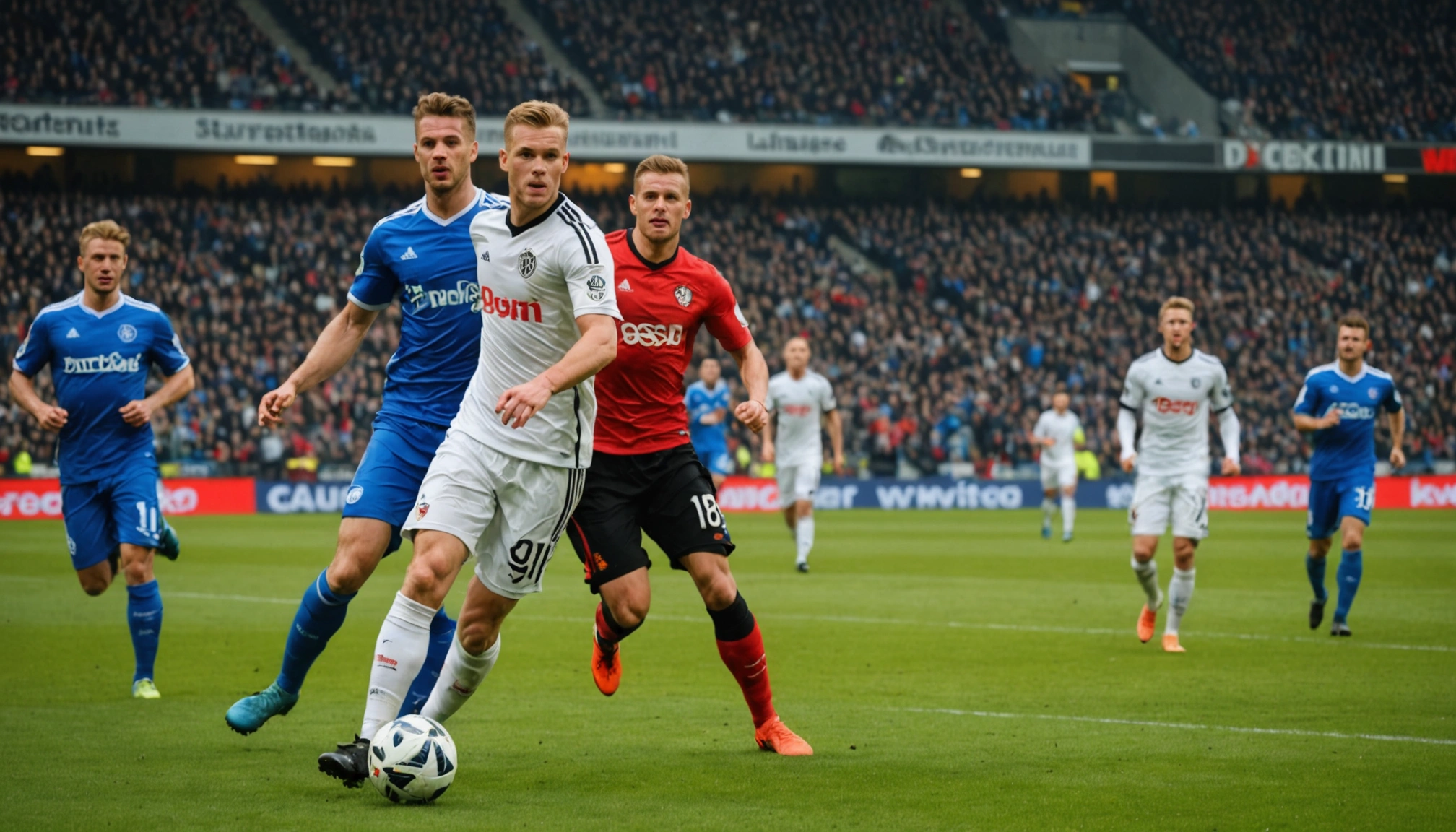German Imports from Russia Plummet 95% Since Ukraine War Began

Germany's economic ties with Russia have undergone a seismic shift since the onset of the war in Ukraine, with imports from Russia falling by a staggering 95% between 2021 and 2024. This dramatic decline, spurred by EU sanctions and Germany's efforts to diversify its energy sources, marks a significant realignment of the European economic landscape and a sharp departure from decades of close trade relations.
The Steep Decline in Trade
Data from Germany's Federal Statistical Office (Destatis) reveals the extent of the trade transformation. In 2021, before the war, Germany imported €33.1 billion worth of goods from Russia. By 2024, this figure had plummeted to just €1.8 billion. Exports from Germany to Russia also experienced a substantial decrease, dropping by 72% from €26.6 billion in 2021 to €7.6 billion in 2024. The EU as a whole experienced a similar trend, with imports from Russia decreasing by 78% and exports falling by 65% during the same period.
The decline reflects the impact of 17 EU sanctions packages targeting Russia's energy, industrial, and financial sectors. These measures include bans on specific imports like crude oil and natural gas, restrictions on military-related exports, exclusion from the SWIFT banking system, and crackdowns on sanctions evasion through third-party countries.
Shifting Trade Dynamics
The composition of traded goods between Germany and Russia has also changed significantly. In 2021, crude oil and natural gas accounted for €19.5 billion, or 58.8%, of Germany's imports from Russia. By 2024, these imports had virtually disappeared. Instead, Germany's main imports from Russia consisted of metals (42.3%), chemical products (24.7%), and food and feed (15.2%).
German exports to Russia in 2024 were dominated by pharmaceutical and related products, accounting for 30.6% (€2.3 billion) of total exports, followed by chemicals (13.9%) and machinery (11.9%). In 2021, machinery alone made up 21.9% of Germany's exports to Russia.
Russia's share of Germany's total imports dropped from 2.8% in 2021 to just over 0.1% in 2024. Similarly, its share of German exports fell from 1.9% to 0.5%. Consequently, Russia's rank among Germany's main import partners dropped from 12th to 59th, and from 15th to 36th as an export destination.
From Deficit to Surplus
Notably, Germany recorded a trade surplus of €5.8 billion with Russia in 2024, the largest since the collapse of the Soviet Union. This contrasts sharply with the record €21.8 billion trade deficit in 2022, which was driven by surging energy prices despite falling export volumes. The EU also saw its trade deficit with Russia narrow dramatically to €4.5 billion in 2024, the smallest since records began in 2002, after reaching a peak of €147.5 billion in 2022.
Impact on Russia and Germany
The sharp decline in trade with Germany and the EU has had a mixed impact on Russia. While the Russian economy has performed better than initially expected during the conflict, it faces a period of lower oil prices and shrinking budget revenues. Russia has cut its forecast for 2025-2027 oil and gas export revenues due to weaker oil prices, expecting proceeds to fall by 15% this year.
For Germany, the reduction in reliance on Russian energy has been a key priority. The country has increased its imports of LNG from nations such as the United States and Qatar and made significant investments in renewable energy sources like solar, wind, and hydrogen. This shift has been described by the German government as a "necessary acceleration of energy sovereignty."
The Future of Trade Relations
The long-term effects of the changed trade relationship between Germany and Russia remain to be seen. While the current sanctions regime and geopolitical tensions suggest that trade will remain low for the foreseeable future, the possibility of future shifts in political and economic priorities cannot be ruled out.
Despite the decline in overall trade, certain sectors continue to see activity. German exports to Russia in 2024 were dominated by pharmaceutical products, chemical goods, and machinery, indicating that some level of economic exchange persists despite the broader downturn.
The dramatic reduction in trade between Germany and Russia serves as a stark reminder of the economic consequences of geopolitical conflict. While the immediate impact has been significant, the long-term implications for both countries and the wider European economy are still unfolding.
Related Articles

Indian Author and Translator Win International Booker Prize for Short Story Collection 'Heart Lamp'

